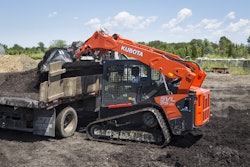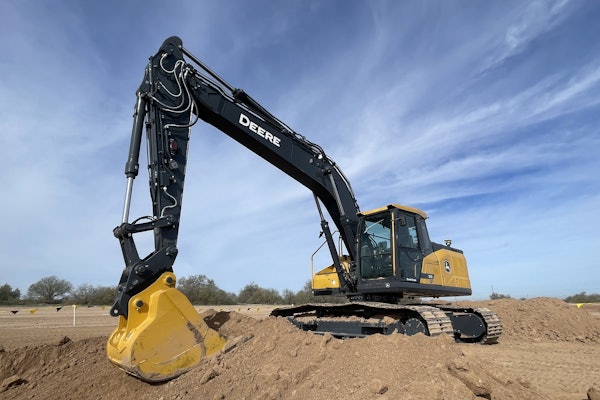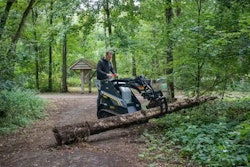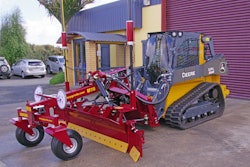 Some nurseries are having trouble finding qualified workers before the spring rush.
Some nurseries are having trouble finding qualified workers before the spring rush.Anyone in the green industry can tell you that finding and keeping good labor is a challenge, but with spring just around the corner, some nurseries in particular are struggling.
As the industry continues to recover from the Great Recession, an IBIS market research report shows that over the past five years there has been 3.7 percent growth.
“Now that the economy is beginning to recover, we have the land, but we don’t necessarily have the infrastructure or the people to produce trees and shrubs fast enough for the market,” Tim Hay, systems administrator for Bigelow Nurseries in Northborough, Massachusetts, told Telegram.com.
One of the items that has been in high demand lately is fruit trees, as clients continue to clamor for food they can grow on their own.
“Peaches, plums, cherries, apples – (last year) we sold out of everything we had in ready for sale,” Hay said.
As spring rolls around, the nursery businesses are put under a strain if they don’t have enough employees to keep up with customer demands.
“Everyone wants everything instantly,” Hay said, “and if you can’t (keep up), you’re just a dinosaur that’s too slow.”
Telegram.com, website of Worcester County’s daily newspaper, the Telegram & Gazette, reports that one way Bigelow Nurseries keeps its clients informed is via smartphone. The production crew takes photographs of plants during the growing process to reassure customers about their investments or provide inspiration for a new project.
According to Massachusetts Nursery and Landscape Association (MNLA) President Jim Stucchi, the state has recovered faster from the recession than others due to the “expendable income” of Massachusetts’ high-tech industry.
The U.S. Bureau of Labor Statistics reports the median hourly wages for landscape workers in Massachusetts was $15.70 in May 2014, well above the national median of $12.85 an hour. Even though the wages are good, the employees are still few and far between.
“We haven’t been able to cultivate quite as many trees, because we don’t have the qualified people to maintain them,” Hay said. “We would have been able to scale up another 25 to 30 percent if we had the fieldwork, planting, pruning (and) maintaining we needed.”
The lack of workers isn’t in just one area, according to Stucchi. Companies are looking for masons, designers, seasonal planters, accountants and bookkeepers.
“What is really needed is someone who is energetic and wants to learn, that’s the mandatory piece,” Stucchi told Telegram.com. “On any given day I would take the person who wants to be there and is willing to put the time into it, to learn what we’re doing and to love what we’re doing. Those are the people who are going to make a difference.”
MNLA executive director Rena Summer suggests looking for prospective employees among young adults or those looking for a career change, but Hay has spent the past eight years employing refugees.
Working through Worcester’s Ascentria Care Alliance, most of Bigelow Nurseries’ refugee employees are from Myanmar, Burundi and Thailand.
“These countries have an agricultural-based economy so the plants may not be the same, but the basics are,” Hay said.









